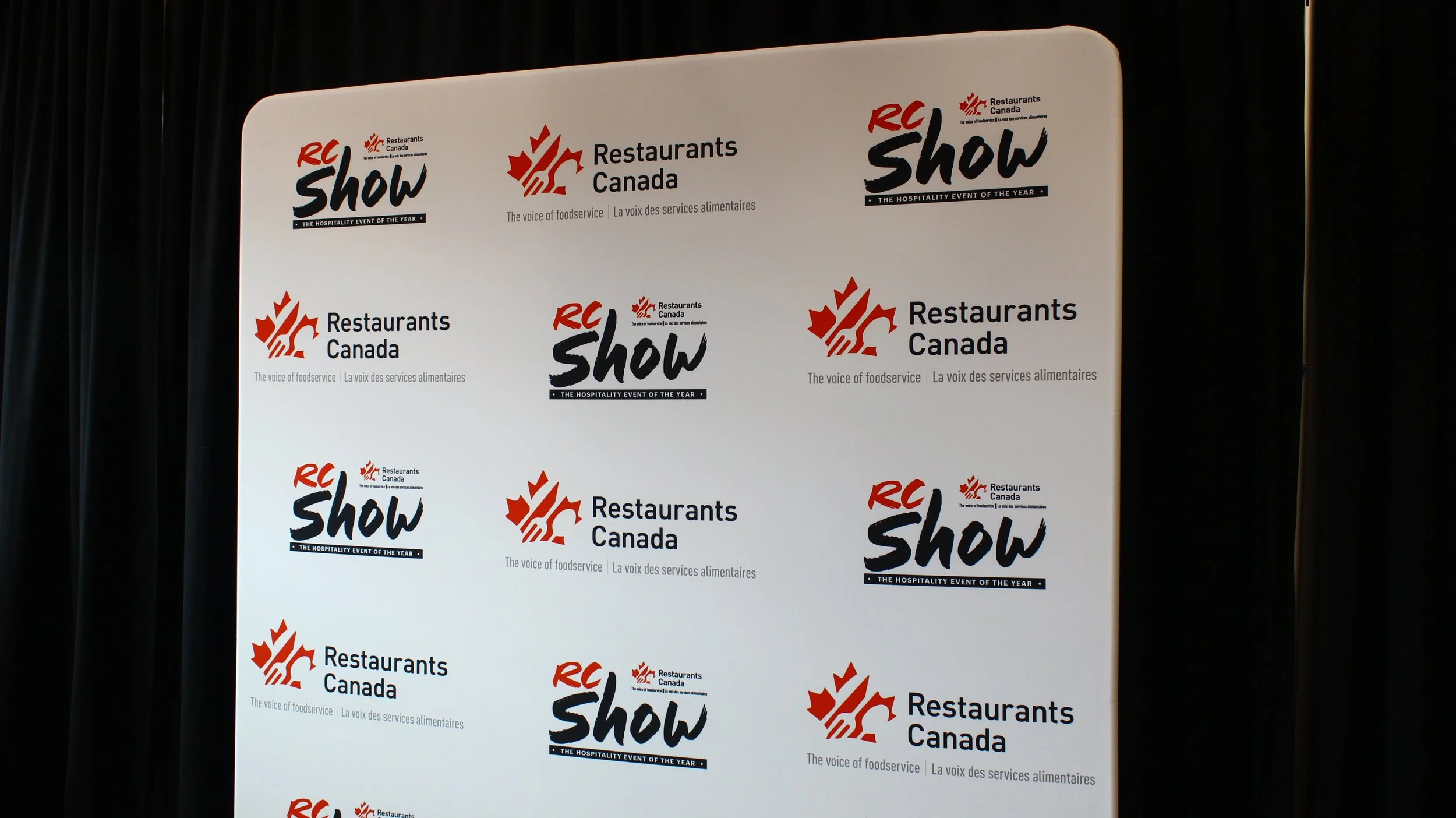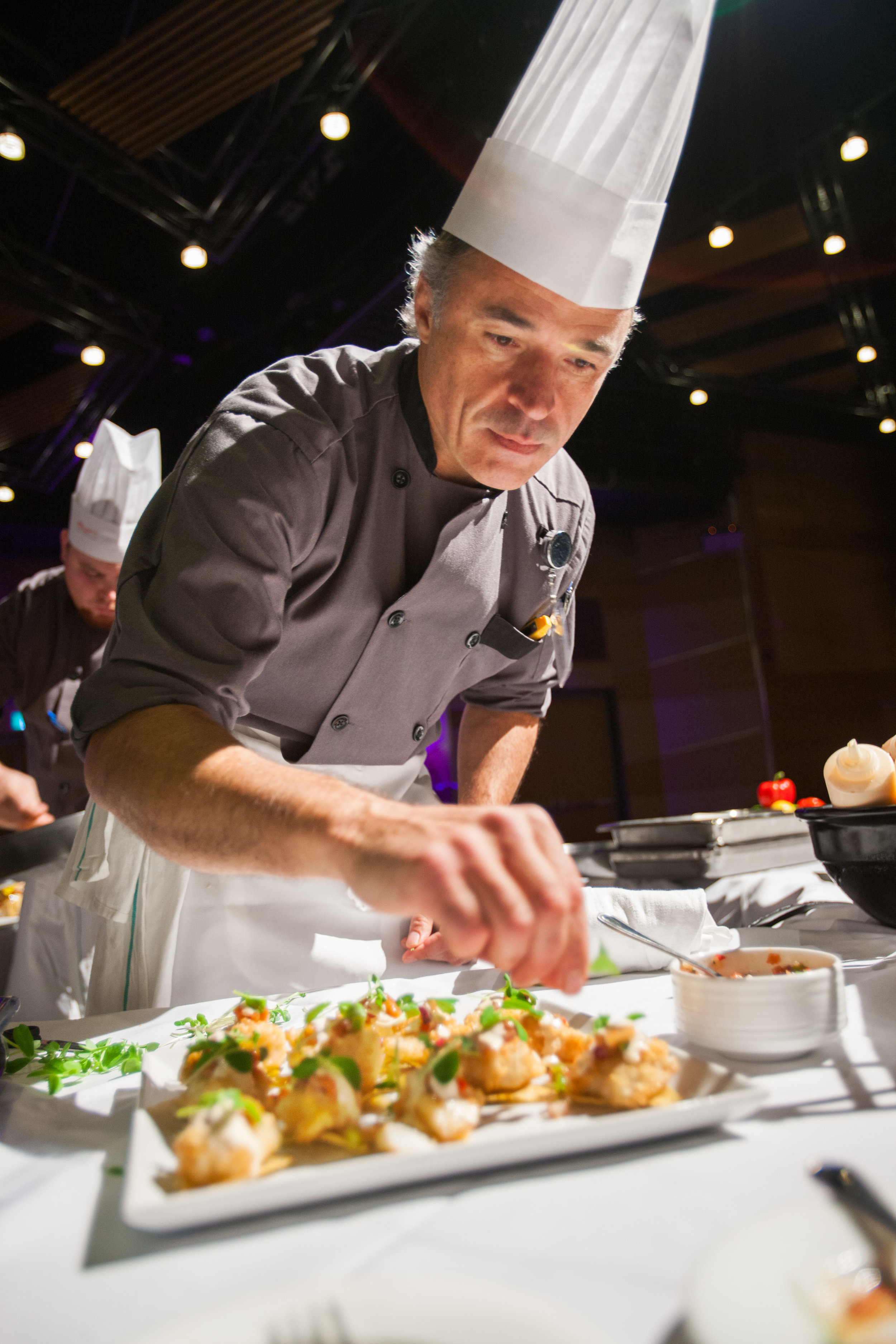Timmins, Ontario gained its first LEAF Certified restaurant in 2015. Radical Gardens completed an audit and was able to achieve Level 2 LEAF Certification. We talked to owner, Brianna Humphreys about the process, her philosophy and their accomplishments.
LEAF: Do you have a food or sustainability philosophy? What is it?
RG: Yes, food sustainability is a mainstay of life for us. We started as a sustainable farm and still continue to farm. I guess our philoshophy is that: We need to give back into the Earth as much as we take.
LEAF: Describe your journey to sustainability – where did you start, and where are you now?
RG: I started out as a pretty small time hobby gardener and then it got out of control and then I bought a restaurant. Since the environment is key to our survival as farmers we made sure to create out restaurant with that in mind.
LEAF: What are the benefits of LEAF certification for Radical Gardens?
RG: The benefits are really for our customers, this certification allows them to really feel comfortable knowing that we are very serious in our commitment to sustainability.
LEAF: What sustainability accomplishments have you made at your restaurants that you are most proud of?
RG: Our composting for one. Any food waste that we may have gets sent back to our farm. Also our disposables and the fact that 90% of it decomposes or is recyclable.
LEAF: Why do you think sustainability is important in the restaurant industry?
RG: It is really important for any Business; if you don't come to realize that the Earth allows you the ability to run your own business no matter what it is we will lose it. For the restaurant industry specifically, there can be a large amount of waste created from our line of work, it is best to make sure you leave this place unstained.
LEAF: What sustainability goals are you striving to reach in the future?
RG: Our next goal is to purchase a large industrial composter that makes fertilizer and energy.
LEAF: Did anything surprise you about becoming LEAF certified?
RG: Actually i was pleasantly suprised to see that the certification process is rather in depth and pretty rigorous. I'm glad this certification is held to such a high standard.
Visit Radical Gardens today:
www.facebook.com/radicalgardens/
163 5th Ave, Timmins, On










